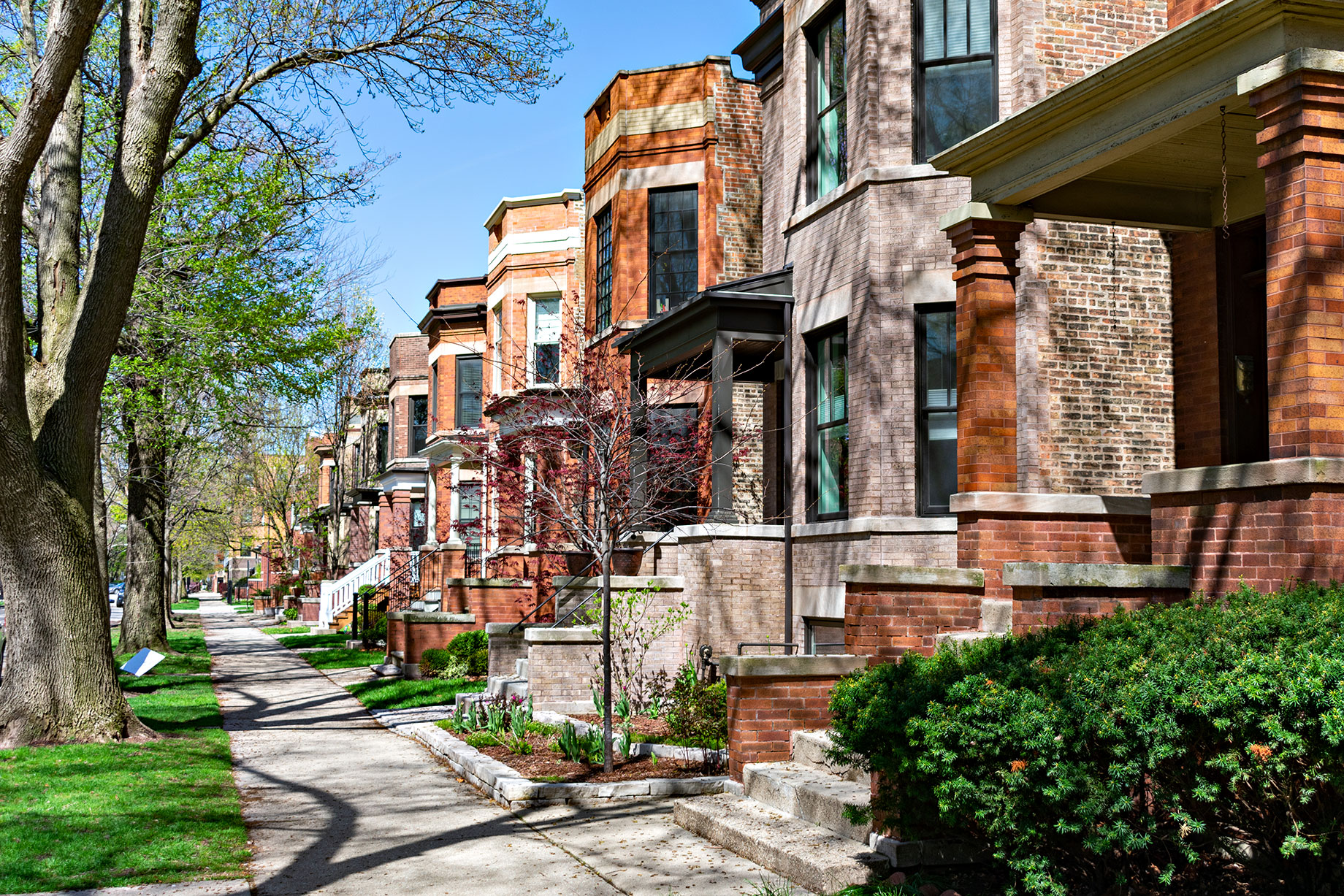
Evicting a tenant in Chicago is a legitimate process that requires landlords to follow specific rules and regulations. The city’s Residential Landlord and Tenant Ordinance (RLTO) and state laws protect tenants’ rights while also permitting landlords to evict tenants for limited reasons. Understanding the legal reasons for eviction in Chicago is crucial to avoid legal controversies and facilitate a smooth process. That said, here’s what landlords need to know.
Nonpayment of Rent
Nonpayment is the most common reason for eviction in Chicago, making the eviction process in Chicago a crucial area to understand for both landlords and tenants. If a tenant fails to pay rent on time, the landlord can initiate the eviction process by serving a Five-Day Notice to Pay or Quit. This notice informs the tenant that they have five days to pay the overdue rent or vacate the premises. If the tenant does not make the payment within this timeframe, the landlord has the right to file for eviction in court. However, it’s important to note that if the tenant delivers the full payment within five days, the landlord must accept it and cannot proceed with the eviction. Understanding these steps is vital for navigating the eviction process in Chicago effectively.
Violation of Lease Terms
If tenants refuse to obey the terms of a contract they signed and agreed to stream, they are in violation. Circumstances that may result in an eviction include:
- When someone unauthorized lives in the home
- When the lease explicitly prohibits all pets
- When people carry on criminal operations on any part of this land, on other people’s property, or anywhere at all in the province
- Intentional property damage that goes beyond normal wear and tear
- Excessive noise; do not move your stereo carefully
Noise complaints, if classified as lease violations, require the landlord to provide a notice to cure, giving tenants ten days to correct their behavior or vacate the premises. If the tenant still refuses at that point, the landlord can choose to take an unlawful detainer action to get rid of him.
Illegal Activities on the Property
If a rental unit is involved in drug dealing, attack, or any other criminal behavior in Chicago, landlords can evict the tenant. Unlike other lease violations, illegal activities typically result in an immediate eviction filing without a cure period. However, landlords need to provide solid evidence if they hope their allegations can be taken seriously, such as police records or corroborating eyewitness accounts that back up what they’re saying before coming into court.
Property Damage or Safety Hazards
When the rental unit is significantly damaged by a tenant or its condition becomes so bad that it puts other residents in danger, then the landlord can issue Ten Day Quit Notices. Unlike minor damages, substantial destruction (such as breaking walls and pipes knocking holes out of electrical systems) is grounds for eviction. Before going to the courthouse, your landlord should get pictures and written statements stating all the damages done to his property.
Expiration of Lease or Non-Renewal
When a lease expires, a landlord will tell the tenant to move out of the house. For tenants who pay rent monthly, a landlord must give the tenant 30 days’ written notice that he or she needs to move out before actually requiring them to do so. If the tenant remains beyond the notice period, the landlord can file an eviction case.
Final Thoughts
In Chicago, eviction is a refined legal instrument. Therefore, landlords must be very rules-oriented to avoid any trouble in court. Knowing the right reasons for a legal eviction and going about it properly can make judicial proceedings easier and provide greater convenience. It may still be better to consult an experienced lawyer for evictions. If landlords adhere to legal requirements and respect tenant rights, they will ensure a more legally secure management of their rental properties.